USAID organized a two-day workshop to review the findings of an assessment “South Central Somalia Private Sector Assessement” that was recently carried out by Somali Agriculture Technical Group (SATG). The assessment which was carried out under DAI/ Partnership for Economic Growth Program was conducted to explore future interventions to support economic growth in the region.
USAID works with government ministries and the private sector to create and improve opportunities for investment and employment. The program began in April 2011 in Somaliland, then expanded to Puntland in mid-2012, and plans to expand to South-Central Somalia later this year. DAI, SATG and Amoud University have been conducting agriculture activities in the Adwal region since 2011.
The objective of the assessment was to identify interventions that will in turn promote opportunities for short and medium term economic gains, with a strong focus on creating employment, wealth, and investment in order to strengthen stability and development in targeted geographic areas in South Central Somalia. The assessment thrived to identify ways to build on the progress made so far in South Central Somalia with respect to livelihoods activities being implemented by a variety of development partners including the USAID’s Transition Initiatives for Stabilization (TIS) program.
The workshop was held at Zen Gardens, on Lower Kabete Road, Nairobi Kenya on the 27th and 28th August, 2013. Major stake holders from Somalia and Nairobi were invited to provide feedback, comments and further analysis to the outcome that were presented by the research team.
After two days of intensive discussion the participants came up with the following recommendations:
1. Livestock sector.
i. Dairy business skills and capacity development, financial services, and production (equipment and infrastructure)
ii. Meat sector development.
iii. Commercial fodder production
iv. Strengthening government institutions, service delivery in the livestock sector
2. Agriculture sector
1. Strengthening regulatory framework.
2. Developing agricultural financing pilot activities.
3. Capacity building for ministry of natural resources, lenders, agribusiness dealers and possible clients
4. Develop the agro/food processing sector
5. Capacity building of the Agriculture input sector
6. Technology testing and transfer through demo plots and
7. Establish Websites – for local organizations and ministries (MNR, Commerce), farmers to improve the communication system.
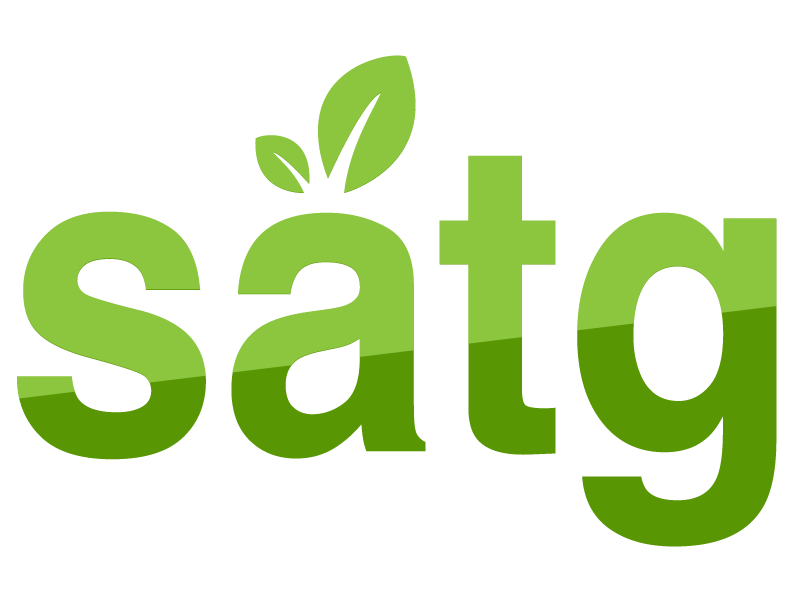
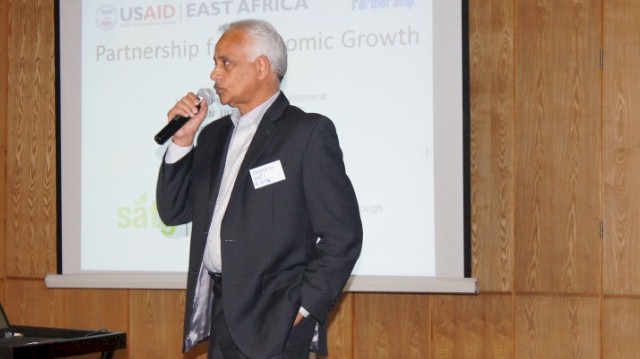









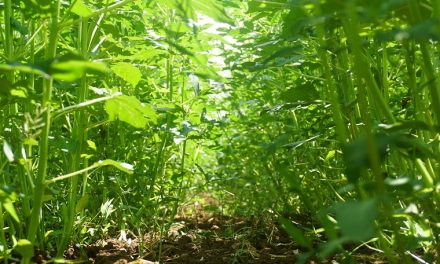
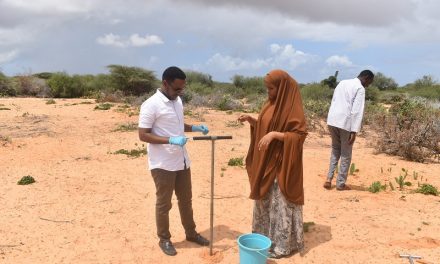

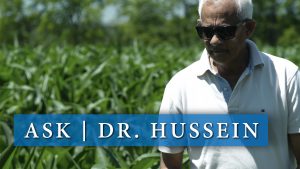
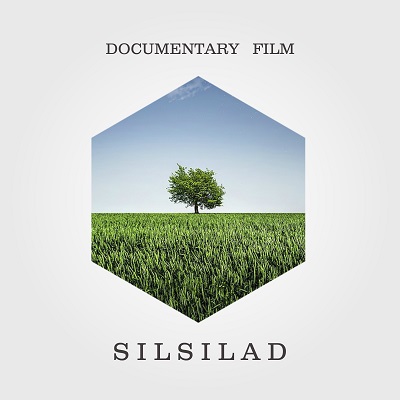

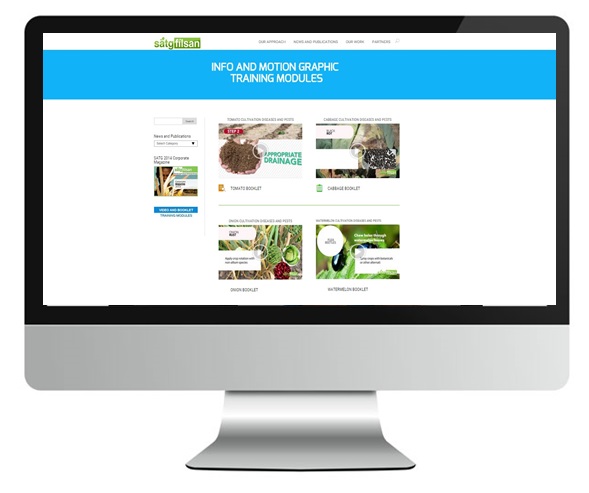
Recent Comments